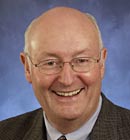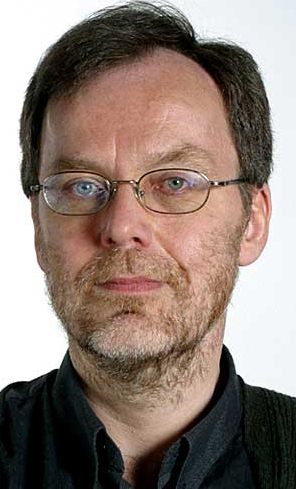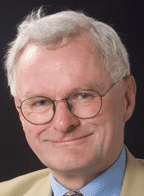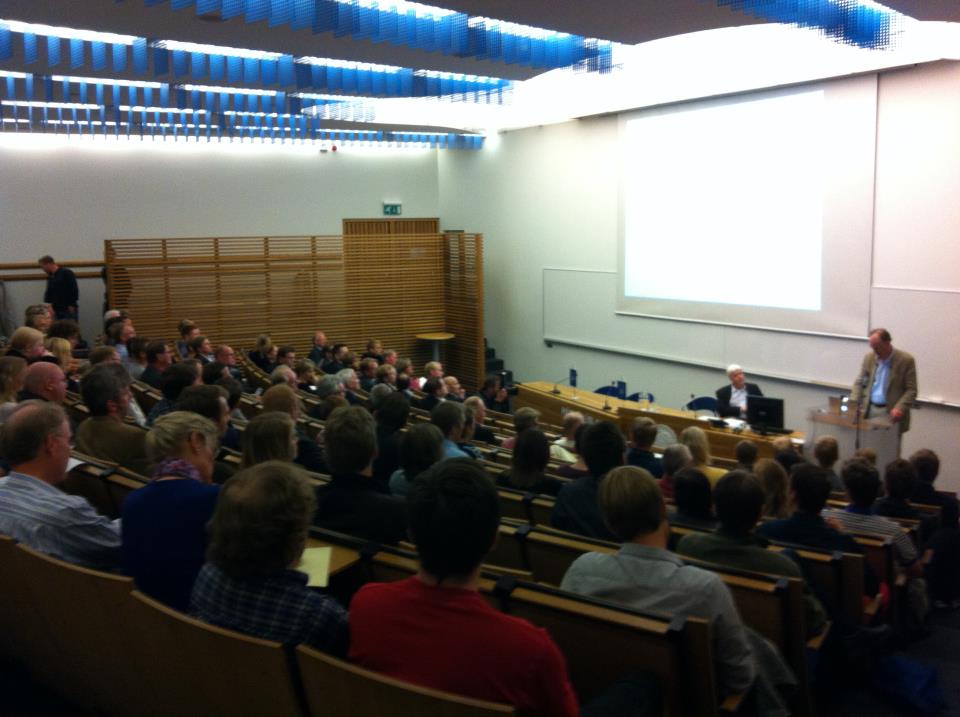
Dr. Michael Walker, the retired director of the Fraser Institute in Canada, gave a talk at a breakfast meeting sponsored by an RNH partner, the institute RSE, Monday 17 September 2012 on “The Index of Economic Freedom and Iceland”. Walker described the evolution and composition of the Index of Economic Freedom, and pointed out that Iceland which had one of the freest economies in the world at the beginning of the 21st Century, is in the group where economic freedom has decreased the most in the last few years, with Venezuela and Argentina. In 2004, Iceland had the 13th freest economy in the world of the 130 countries analysed. In 2010, however, Iceland is in the 65th place, of 144 countries, far behind all the other Nordic countries. Sweden which used to be the Nordic country with the least economic freedom, has for example moved from the 39th to the 30th place from 2009 to 2010. Iceland shares the 65th place with Saudi-Arabia.
Gisli Hauksson, chairman of the RNH board, was the commentator on Walker’ talk (which was broadcast via satellite from Canada). Morgunbladid carried the news about Iceland’s decreasing economic freedom 18 September, the website journal Andriki immediately commenting on it. However, some vocal critics of capitalism were not worried about this trend, including Professor Stefan Snaevarr and Professor Stefan Olafsson. Vidskiptabladid put interviews with Professor Hannes H. Gissurarson and lawyer Birgir Tjorvi Petursson about the results for Iceland on its website 18 September. Professor Birgir Thor Runolfsson has used the index of economic freedom as the substance of several blogs, with graphs.








